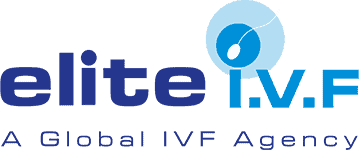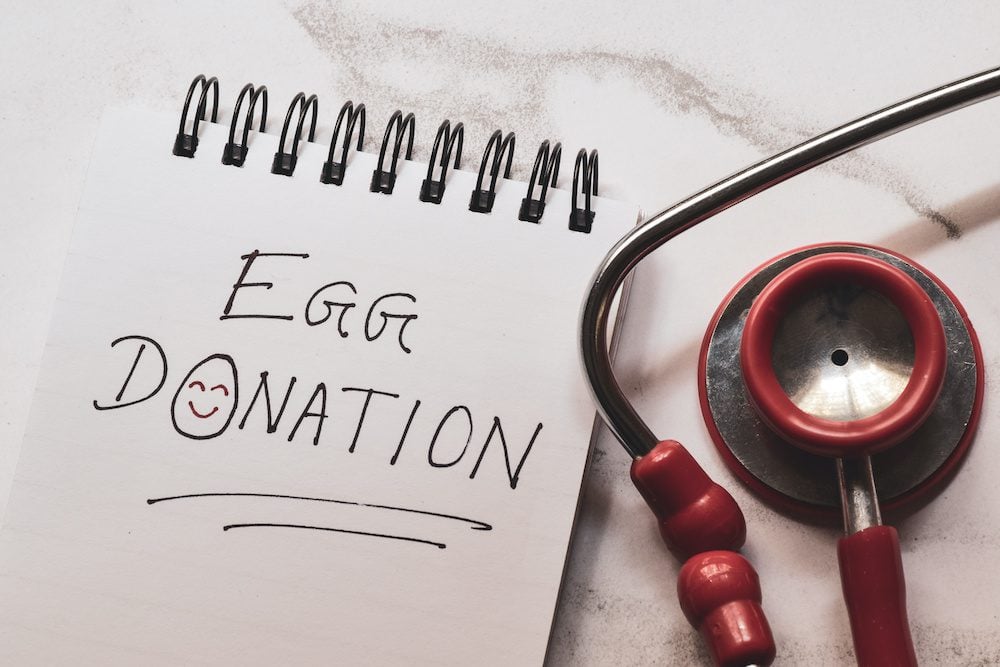Are you considering helping someone expand their family with egg donation? Egg donation is an incredible way to make a huge difference in the lives of those in need. It involves donating your eggs, often at no cost to yourself, allowing couples with infertility issues to have the baby they’ve always dreamed of.
It’s not always an easy decision, as various qualifications must be met before being accepted as an egg donor. In this article, we will break down all the different requirements necessary so that you can determine if you are eligible and if you should consider becoming an egg donor.
Egg Donor Criteria And Qualifications
Various criteria and qualifications must be met to donate eggs and become part of fertility programs. Egg donation programs require screening processes, including physical examinations, blood tests, psychological evaluations, and a thorough review of one’s medical history.
Egg Donor Age Requirements
The age requirements for egg donation are quite simple: If you’re between 18 and 34, you could qualify to become an egg donor.
Egg Donation BMI Requirements
Living a healthy lifestyle is essential for becoming an egg donor. Being a healthy weight is important for fertility and, thus, the egg donation process. Egg donors that are in the healthy BMI range are correlated with being better egg donors overall, which makes sense, healthy lifestyle, healthy eggs, better outcomes. This is why it’s suggested to have a healthy BMI before considering becoming an egg donor.
Egg Donor Health Requirements
Egg donors must be in excellent health. Some of the testing they undergo before becoming a donor includes:
- HIV
- HTLV 1/2
- Hepatitis B and C
- Chlamydia
- Herpes
- Cytomegalovirus
- Toxoplasma
- Rubella
- Syphilis
- Cystic Fibrosis
- Present a normal karyotype (chromosome study)
They must also be non-smokers and have normal vision. Their fertility potential is also tested, and they must have regular menstrual cycles.
Egg Donor Education/Qualifications
There are no specific education requirements for becoming an egg donor. However, many of our donors are college or university educated. Egg donors must understand and be committed to the donation process. This ensures all goes smoothly at every step.
What Are Egg Donation Disqualifiers?
Potentially, unsurprisingly, some lifestyle and health factors may disqualify you from donating eggs. A donor’s physical and mental health is critical throughout the process and crucial for healthy eggs. Furthermore, a personal or family history of hereditary adverse conditions could prevent you from donating eggs. Everyone carries some imperfect genes, but some may be more problematic than others, and through genetic screening, this can be determined. This is also one of the benefits of agreeing to become an egg donor, you get to learn a lot about your health, fertility, and genetic well-being.
Egg donors must also have a regular menstrual cycle without being on contraception. Birth control, implants, or IUDs can alter hormones and the menstrual cycle and could impact the quality of the eggs donated.
Lifestyle factors like smoking, a high BMI, and excessive use of drugs or alcohol also are likely to disqualify you from donating eggs. Have more questions about the qualification criteria? Speak to a specialist here.
What Is Egg Donation
Egg donation is when you transfer your egg to the intended parent or surrogate to contribute to a successful pregnancy for them. The individual or couple receiving the eggs will legally be the baby’s parent(s). Egg donation is a life-changing process for families who struggle with fertility. Helping a family conceive and allowing them to have a family is truly the ultimate gift.
An IVF clinic facilitates the complete donation process. Using an experienced and reputable clinic also ensures that the process is done correctly and that all parties are comfortable throughout every step of the way.
Why Become An Egg Donor
Becoming an egg donor is a unique and incredibly generous way to provide an opportunity and gift of hope to someone struggling with fertility. Donating eggs can be a profoundly meaningful and life-changing experience for the recipients and the donors.
Throughout the process, many feel immensely proud to have offered such a selfless contribution to those who need it. Additionally, there are often associated rewards for participating in this remarkable act, with donors receiving compensation for their time, energy, and commitment.
At the end of the day, becoming an egg donor is an exceptionally special experience that can bring about invaluable joy for all involved parties.
Is Donating Eggs Painful?
Donating eggs should not be painful, as you’ll be sedated. The procedure lasts about 20 minutes. However, side effects of the medication given throughout the egg donation process may include mood swings, headaches, nausea, bloating, or injection site reactions. Typically, these symptoms will subside around 48 hours after the egg collection procedure.
The medical team will be in close contact with our donors to ensure they’re supported if they should need anything after the procedure.
How To Apply To Be An Egg Donor
Becoming an egg donor means the world to hopeful parents who have struggled with fertility. You can apply to be an egg donor here on the ELITE IVF website.
At ELITE IVF, our specialists are here to help you grow your family or help you help a family expand theirs through the gift of egg donation. We can help find a suitable donor for you or help you become an egg donor yourself. With clinics in the US, Canada, and Europe, our team of experts can help you throughout your IVF journey. Contact us today.


